Best AI Writing Assistants to Use in 2025
As content demands continue to grow, businesses and creators are turning to the best AI writing assistants in 2025 to generate faster, more accurate, and SEO-optimized content. These tools can write articles, social media content, product descriptions, and even video scripts in seconds. Whether you’re a freelancer, a digital agency, or a global brand, the right AI writing assistant can dramatically boost productivity while maintaining high content quality.
Zooli.ai – All-in-One AI Writing Assistant
Zooli.ai is leading the way in 2025 with its comprehensive suite of AI-powered writing tools. It’s more than just a text generator—it’s an integrated platform that supports the full content creation lifecycle.
Key Features of Zooli.ai
Zooli.ai offers a powerful combination of features that make it the go-to AI writing assistant for professionals and teams:
AI blog and article generator: Instantly create long-form, keyword-rich blog posts and web content optimized for SEO.
Voiceover and video creation: Generate audio voiceovers and short videos with AI avatars to expand your content across platforms.
Captions, descriptions, and multi-language support: Create social media captions, product descriptions, and scripts in multiple languages.
Integrated workflow for teams and individuals: Share, edit, and collaborate in real time across departments.

Why Zooli.ai Is the Preferred Choice
Zooli.ai stands out for its ease of use and full-stack functionality:
User-friendly dashboard: A clean, intuitive interface that’s easy for beginners but powerful enough for advanced users.
Affordable plans: Scalable pricing tailored to freelancers, startups, and large marketing teams.
SEO-friendly output: Generates content that’s optimized for readability, keyword placement, and search engine rankings—perfect for blog SEO.
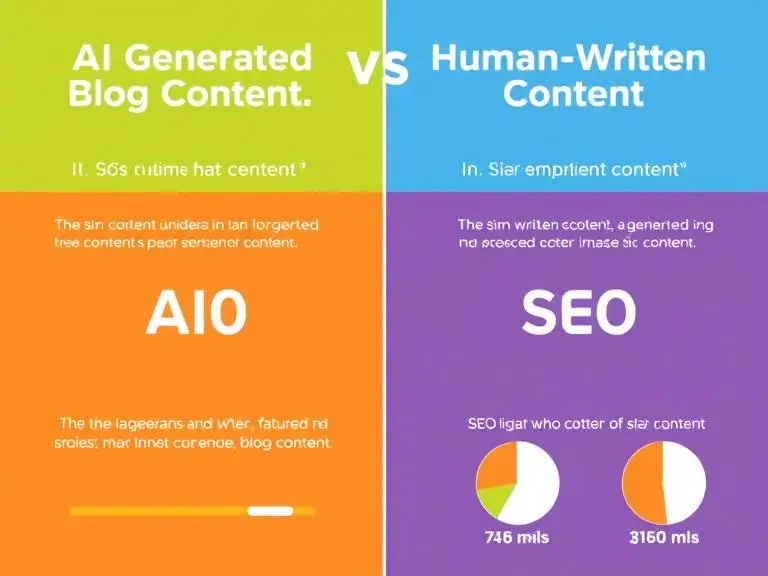
ChatGPT by OpenAI
ChatGPT is a highly flexible AI writing assistant known for its conversational tone and broad use cases. Powered by OpenAI, it’s one of the most used tools for daily writing tasks, research, and ideation.
Ideal Use Cases
Scriptwriting and blog creation: Ideal for YouTube scripts, educational blogs, and storytelling formats.
Brainstorming and idea generation: Easily generate outlines, hooks, and content angles.
Research support: Pull structured answers, summaries, and even academic content in seconds.
With strong natural language understanding, ChatGPT excels in content that needs a human-like tone.
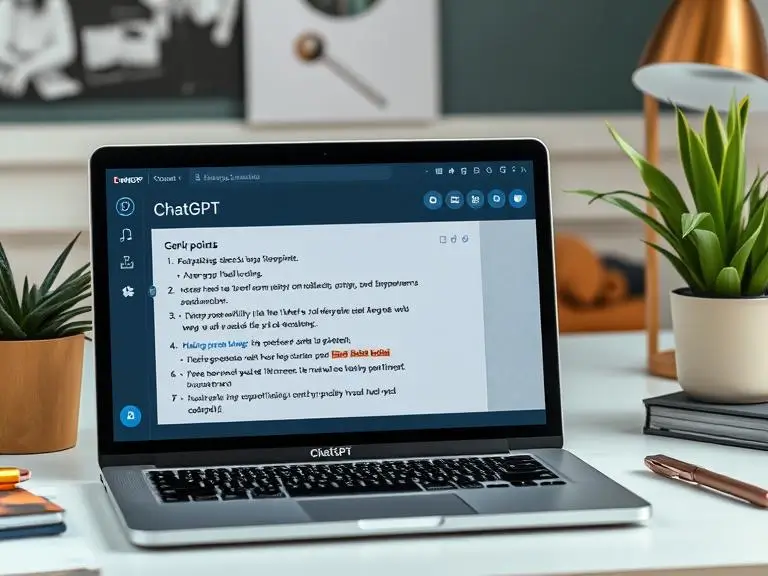
Jasper and Copy.ai
These two AI writing assistants are heavily favored by digital marketers and agencies for their specialized marketing templates and team-friendly features.
Built for Marketing and Teams
Social media and campaign content: Generate ad copy, captions, and headlines tailored to target audiences.
Landing pages and web content: Write benefit-focused website copy with persuasive CTAs.
Email and newsletter automation: Create engaging email campaigns, follow-ups, and subject lines.
Jasper, in particular, offers “brand voice” controls, while Copy.ai is known for rapid-fire idea generation and short-form content.
Google Gemini and Writesonic
Gemini and Writesonic bring AI content creation into the enterprise space with more advanced data capabilities and scalable integrations.
Advanced and Data-Driven Writing
Structured content using real-time data: Gemini integrates with Google’s knowledge systems to pull live updates into content.
Smart long-form creation: Writesonic supports writing across multiple tones and use cases like product pages, articles, and ads.
Enterprise-level documentation: Gemini is ideal for white papers, reports, and technical writing where precision matters.
How AI Writing Assistants Improve Content Creation
AI writing assistants have become a powerful ally for content creators, marketers, and businesses aiming to produce high-quality content at scale. Whether you’re running a blog, managing an eCommerce store, or planning multi-channel campaigns, an AI writing assistant can simplify and supercharge your content creation process. From saving hours of manual work to improving the consistency and quality of your copy, these tools are designed to meet the fast-paced demands of digital content production.
Time-Saving Capabilities
One of the most significant benefits of using AI writing assistants is how much time they save during the content creation process.
Write blogs, captions, and outlines in seconds: AI tools can generate full blog posts, catchy social media captions, and article outlines within moments. This rapid output allows content teams to meet tight publishing deadlines without compromising on quality.
Reduce human effort in first drafts and editing: Instead of starting from scratch, writers can use AI-generated drafts and focus their energy on refining the content. This not only reduces mental fatigue but also speeds up the overall publishing timeline.

Boosts Productivity and Workflow
AI writing assistants go beyond writing—they enhance your entire content workflow.
Automate repetitive writing tasks: From writing meta descriptions to generating weekly newsletters, AI tools eliminate the need for repetitive manual tasks. You can create multiple variations for A/B testing without lifting a finger.
Easily manage large content volumes: Whether you need 50 product descriptions or a month’s worth of Instagram captions, AI makes it possible to scale content production effortlessly.
This level of automation and volume control means that businesses can focus on strategy and creativity while AI handles the execution.
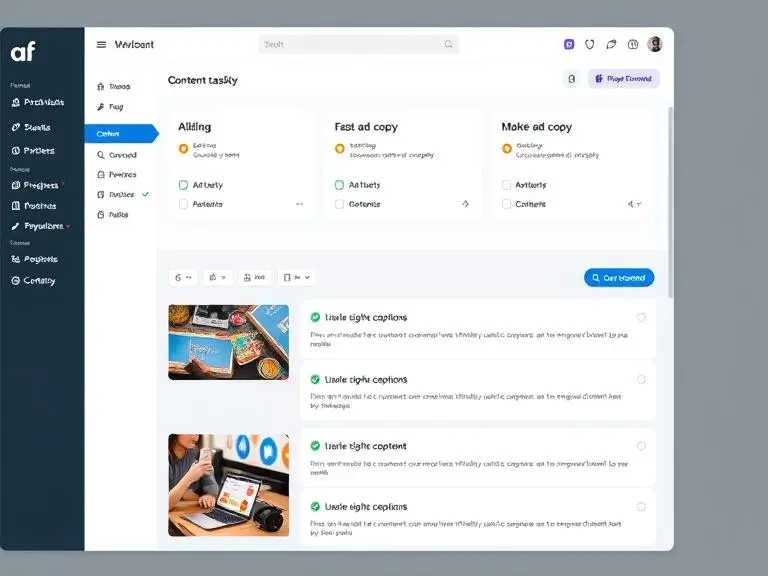
Cost-Effective Writing Support
With an AI writing assistant, brands can significantly cut content costs while still maintaining quality.
Minimize dependency on multiple writers or editors: Instead of hiring large content teams, businesses can rely on AI to generate first drafts, suggest improvements, and even optimize for SEO. This drastically reduces the cost of outsourcing or in-house writing staff.
Scale content generation with lower costs: Whether you’re a startup or an enterprise, AI tools allow you to create content across platforms—blogs, websites, social media, and eCommerce listings—without the rising cost of hiring additional team members.
These cost advantages are especially helpful for small businesses, solopreneurs, and growing agencies looking to scale without sacrificing output.
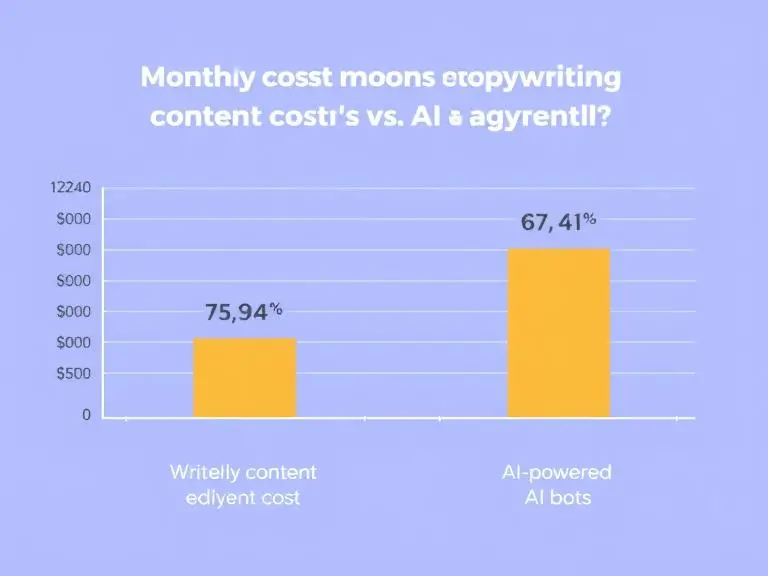
Real-World Use Cases for AI Writing Assistants
AI writing assistants are not just theoretical tools—they’re actively transforming how content is created across industries. From bloggers and eCommerce stores to marketing agencies and YouTubers, these intelligent platforms bring massive improvements in speed, consistency, and content ROI. This section explores how different professionals use AI writing assistants in real-world scenarios to boost output and quality.
Blogging and Article Generation
AI writing assistants are widely used by content creators and businesses to produce high-quality, SEO-optimized blog posts.
SEO-optimized long-form blogs: Tools like Zooli.ai and ChatGPT can analyze your keywords and produce articles that follow best practices for search engine optimization. This includes proper H2/H3 formatting, keyword placement, meta descriptions, and readability.
Thought leadership articles for personal brands and businesses: AI can generate polished, authoritative content on trending industry topics—ideal for professionals aiming to grow their influence on LinkedIn, Medium, or company blogs.
These tools eliminate writer’s block and help maintain a consistent posting schedule.
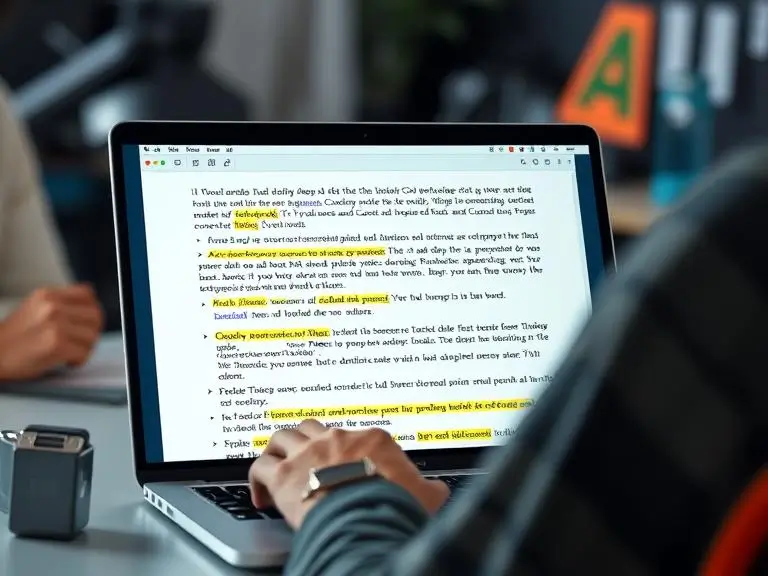
Social Media and Branding Content
Maintaining active and engaging social profiles can be time-consuming. AI writing assistants help by instantly generating high-performing content.
Auto-generated hashtags, captions, and ad copy: AI tools like Copy.ai or Zooli.ai create social media posts that are not only catchy but aligned with platform best practices. Whether it’s Instagram captions, Twitter threads, or Facebook ad headlines, the copy is tailored for each format.
Consistent brand voice across platforms: With built-in tone adjustment features, AI tools ensure that every caption, description, or comment maintains your brand identity.
This automation allows marketers to focus more on strategy and audience engagement.
eCommerce Product Descriptions
For online stores, product content is essential—and AI can help scale it without sacrificing quality.
Write compelling product titles, descriptions, and features: AI writing assistants create persuasive and well-structured descriptions for products across categories. These descriptions include bullet points, benefits, and emotional hooks, helping boost conversion rates.
SEO and marketplace-ready content: Whether it’s Amazon, Shopify, or Etsy, AI tools understand platform guidelines and optimize content accordingly.
This reduces the burden on product teams and copywriters while keeping content fresh and engaging.
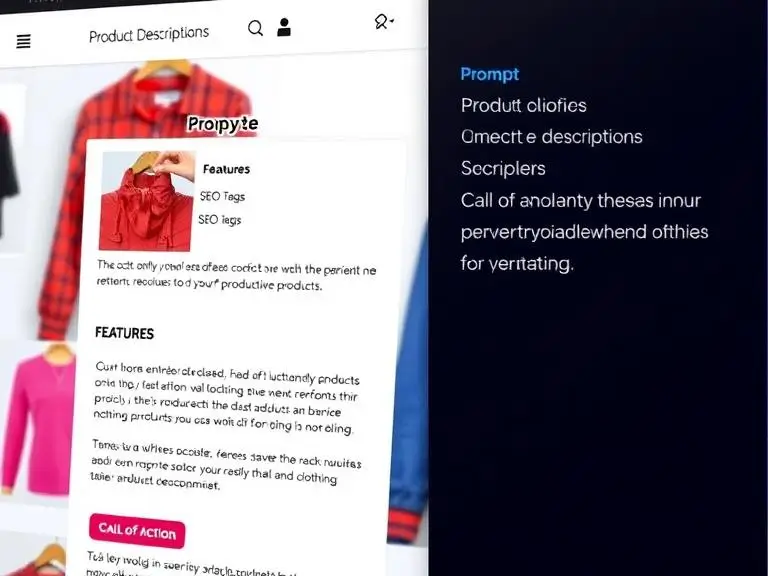
Scripts and Voiceover Narration
With the rise of video marketing, AI writing assistants are playing a crucial role in script generation and audio narration.
Create YouTube video scripts: AI can outline, script, and format video content tailored for YouTube’s algorithm—ideal for tutorials, reviews, explainers, or listicle-style videos.
Convert scripts into realistic voiceovers: Tools like Zooli.ai offer integrated voice generation in multiple languages and tones, perfect for creators who want to produce videos without speaking themselves.
This use case is especially popular among faceless YouTube channels and automated content creators.
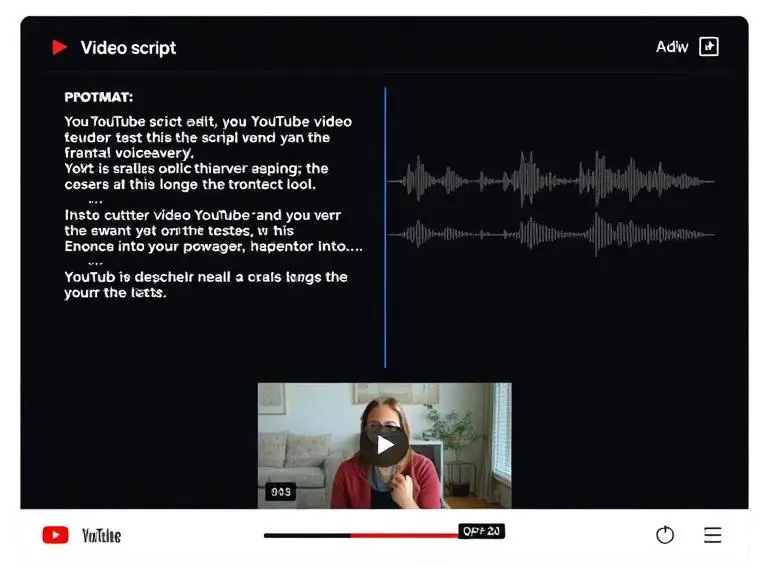
How to Choose the Right AI Writing Assistant
Choosing the right AI writing assistant is essential for maximizing efficiency, content quality, and ROI. With so many tools available, selecting the best fit for your goals requires a strategic approach. Below, we’ll break down key factors to consider—each aligned with best practices for high-ranking, optimized content.
Define Your Writing Goals
Before selecting an AI tool, it’s vital to understand your specific content needs.
Do you need long-form blogs or short-form content? Some tools, like Zooli.ai, are excellent for full-length articles and voiceovers, while others focus on ad copy or social posts.
Is your focus SEO, storytelling, or product marketing? Clarify your intent so the AI assistant you choose aligns with your desired output.
Volume matters too: If you’re producing bulk content weekly, prioritize tools with bulk generation features and auto-formatting.
Having a clear goal helps you avoid underperforming tools that don’t align with your workflow.

Check Feature Set and Integrations
A great AI writing assistant should not only generate text—it should also streamline your workflow by integrating with your tools.
WordPress compatibility: Essential for bloggers and agencies using CMS platforms.
Shopify integration: Critical for eCommerce brands looking to scale product pages.
Google Docs and Notion compatibility: Enables real-time team collaboration and cloud editing.
Zooli.ai, for example, supports multi-format outputs and seamless publishing, making it ideal for hybrid teams.
Look for tools that offer browser extensions, export options (PDF, DOCX, HTML), and content scheduling features.
Compare Pricing and Value
Pricing can vary drastically, so assess what you’re truly getting with each plan.
Free vs. premium tiers: Free tools often come with limited features or credits. Premium versions unlock advanced templates, bulk generation, voiceover, and branding tools.
Usage limits: Look for monthly character limits, tone variations, language support, and collaboration tools.
Who should pay for what? Freelancers might prefer monthly credits, while agencies benefit from bulk enterprise options.
Zooli.ai offers scalable pricing models that adapt as your content needs grow—ensuring you’re not overpaying or under-utilizing.
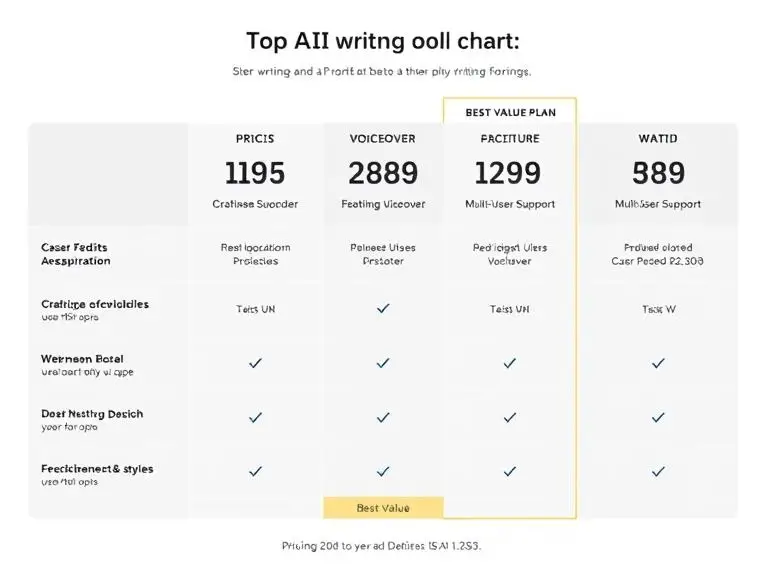
Look for Strong Support and Updates
Long-term success depends on how often a platform improves and how well it helps when you’re stuck.
Customer support: Choose tools that offer live chat, email, and help centers. Responsive support can prevent delays in deadlines.
Regular updates: AI is evolving quickly. Opt for platforms that release consistent updates, improve algorithms, and add new content templates.
A writing assistant that doesn’t evolve with SEO changes or platform demands can quickly become obsolete.
Zooli.ai, for example, maintains an active roadmap and releases frequent upgrades, making it a future-ready choice.
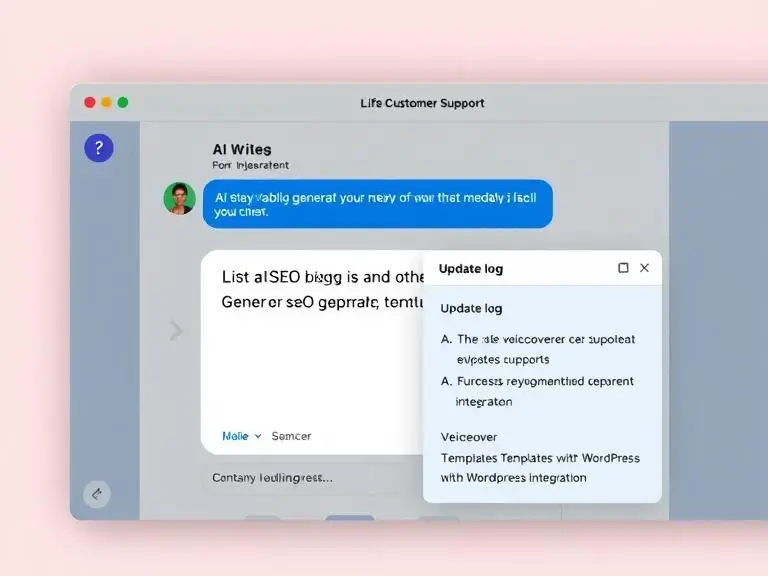
Why Trust Our AI Writing Assistant Reviews
When it comes to choosing an AI writing assistant, accuracy, usability, and real-world performance matter more than marketing claims. That’s why our reviews are based on firsthand testing, deep comparative analysis, and real user scenarios—designed to help you make a smart, confident decision.
Hands-On Testing of 11+ Leading Tools
Unlike generic reviews based on feature lists, we personally tested over 11 top AI writing tools, including Zooli.ai, Jasper, ChatGPT, Copy.ai, Writesonic, and more. Each tool was evaluated through a controlled test environment for:
Content quality: We tested outputs for coherence, grammar, tone consistency, and brand voice alignment.
SEO performance: Generated content was analyzed with tools like Yoast SEO and SurferSEO for keyword density, structure, meta optimization, and readability scores.
Speed and efficiency: We measured how fast the tools produced long-form blogs, social media posts, captions, and product descriptions.
We input the same prompt into each tool—for instance, “Write a 1000-word blog post on eCommerce trends for 2025”—to provide an apples-to-apples comparison across writing styles, accuracy, and SEO formatting.
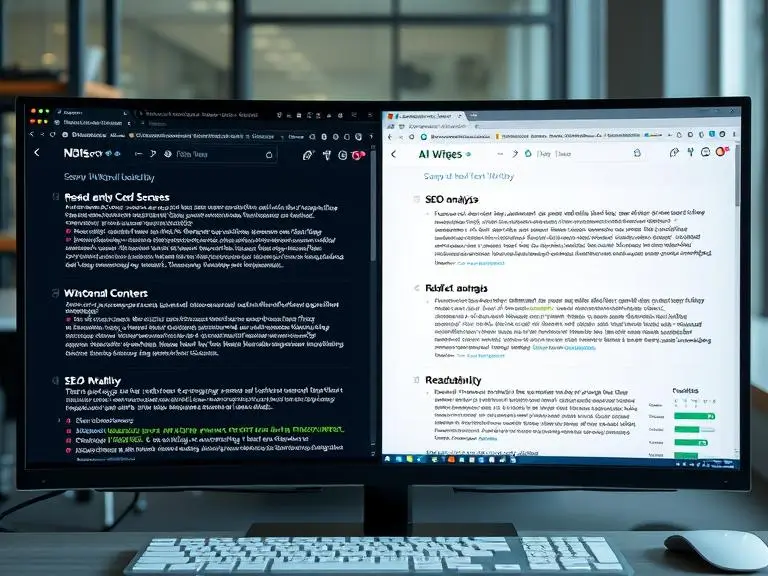
Evaluation Based on User Needs
We understand that every content creator has different goals—so our reviews are segmented by specific use cases:
Marketers: We reviewed tools based on their ability to generate ad copy, CTAs, landing page content, and campaign captions.
Bloggers and SEO professionals: Tools were assessed for keyword optimization, topic ideation, meta tag creation, and internal link suggestions.
Business owners and eCommerce brands: Evaluation focused on product descriptions, sales copy, FAQs, and user manuals.
We’ve also considered the learning curve of each platform—whether you’re a solo freelancer, a startup founder, or a member of a content team.
Zooli.ai stood out in nearly all categories, especially in producing multi-format content (blogs, social captions, product details, and video scripts) with minimal prompt editing.

Frequently Asked Questions (FAQs) About AI Writing Assistants
What is an AI Writing Assistant?
An AI writing assistant is a software tool that uses artificial intelligence and natural language processing to generate or improve written content. These tools can help with tasks like creating blog posts, social media captions, product descriptions, scripts, and emails.
AI assistants like Zooli.ai, ChatGPT, and Jasper can understand context, optimize for SEO, and mimic human tone—making them a valuable resource for marketers, bloggers, and eCommerce businesses.
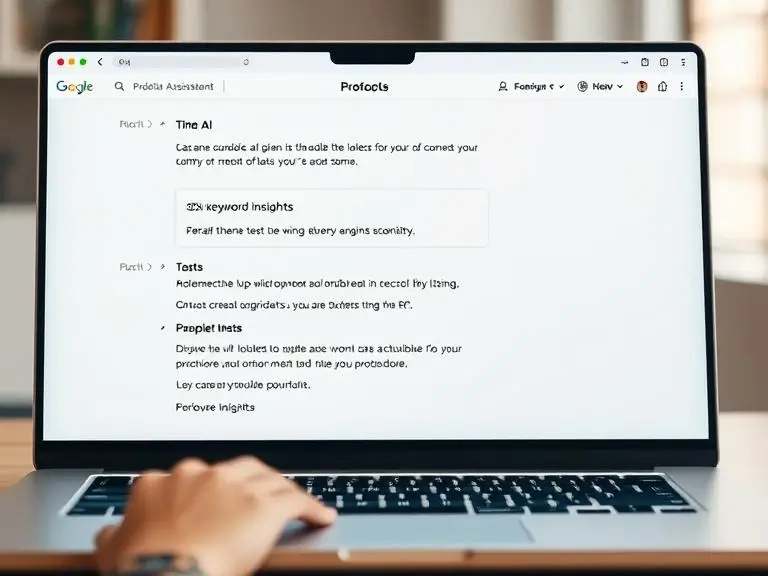
How Do AI Writing Assistants Help with SEO?
AI writing assistants are designed to improve SEO content quality by:
Inserting target keywords naturally
Creating SEO-optimized meta descriptions and headings
Maintaining keyword density and internal linking
Enhancing readability and structure (short paragraphs, bullets, etc.)
They also reduce time spent on keyword research and formatting, helping content rank faster and more effectively.
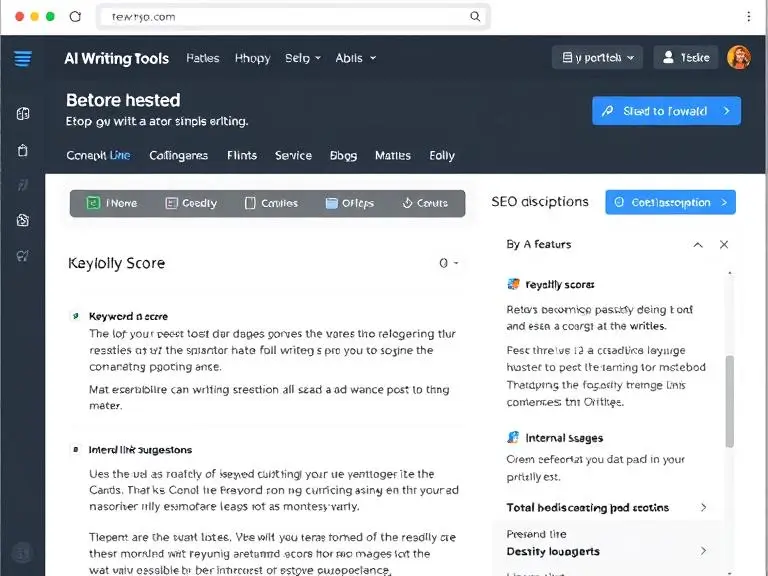
Are AI Writing Assistants Better Than Human Writers?
AI writing assistants complement human writers but do not entirely replace them. They are excellent for:
Speeding up content drafts
Handling repetitive writing tasks
Generating outlines or first drafts
Creating scalable content for campaigns
However, human oversight is still essential for tone, creativity, personalization, and final editing. The best results come from collaborating with AI, not replacing humans completely.
Can AI Assistants Write Long-Form Blog Content?
Yes, advanced tools like Zooli.ai, Jasper, and Writesonic are capable of generating long-form blogs of over 1000+ words. These tools:
Use topic-based training to generate relevant subheadings
Automatically format text into SEO-friendly H2 and H3 sections
Provide summaries, conclusions, and FAQs
Support multi-language output and readability optimization
Zooli.ai, for example, can also auto-generate images, captions, and voiceover scripts to accompany long-form content.
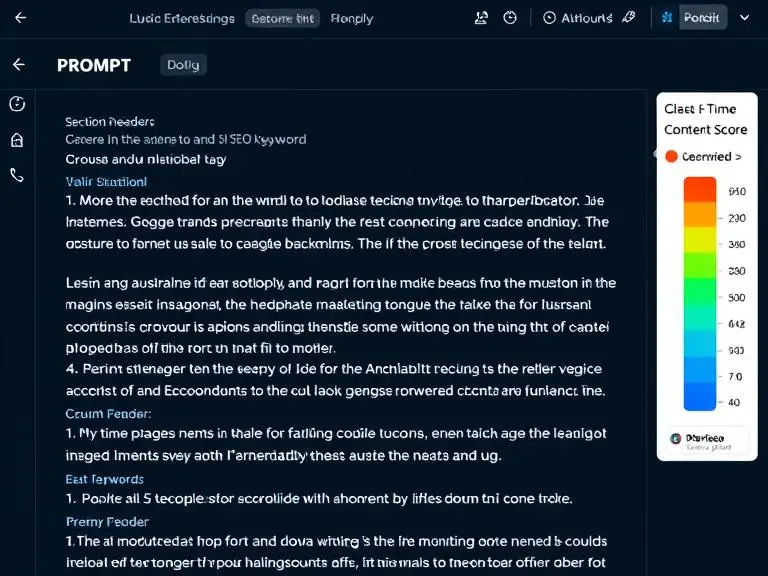
Is It Safe to Use AI-Generated Content?
Yes, AI-generated content is safe to use when properly reviewed and edited. To maintain quality and avoid penalties from search engines:
Avoid publishing AI content without human oversight
Ensure originality with plagiarism checkers
Use the content as a starting point, not the final product
Follow SEO best practices (titles, meta tags, links)
Most AI tools, including Zooli.ai and ChatGPT, generate original content, but running the content through a plagiarism checker before publishing is recommended.
By answering these common questions in a comprehensive and keyword-rich way, your blog not only provides more value to readers but also increases your chances of ranking for long-tail keywords like:
“What is an AI writing assistant?”
“Are AI writing tools SEO-friendly?”
“Best AI tools for blog writing 2025”
“Zooli.ai vs ChatGPT content quality”
Conclusion
AI writing assistants have transformed how we create, optimize, and scale content in 2025. Whether you’re a solo blogger, a growing eCommerce brand, or a digital marketing agency, these tools save time, boost productivity, and ensure SEO-focused content that ranks. With all-in-one solutions like Zooli.ai leading the way—offering blog generation, voiceover, video scripts, and more—choosing the right assistant depends on your specific goals and workflow. By evaluating features, support, and pricing, and understanding real-world use cases, you can confidently integrate an AI writing assistant into your strategy and unlock consistent, high-quality content at scale.

